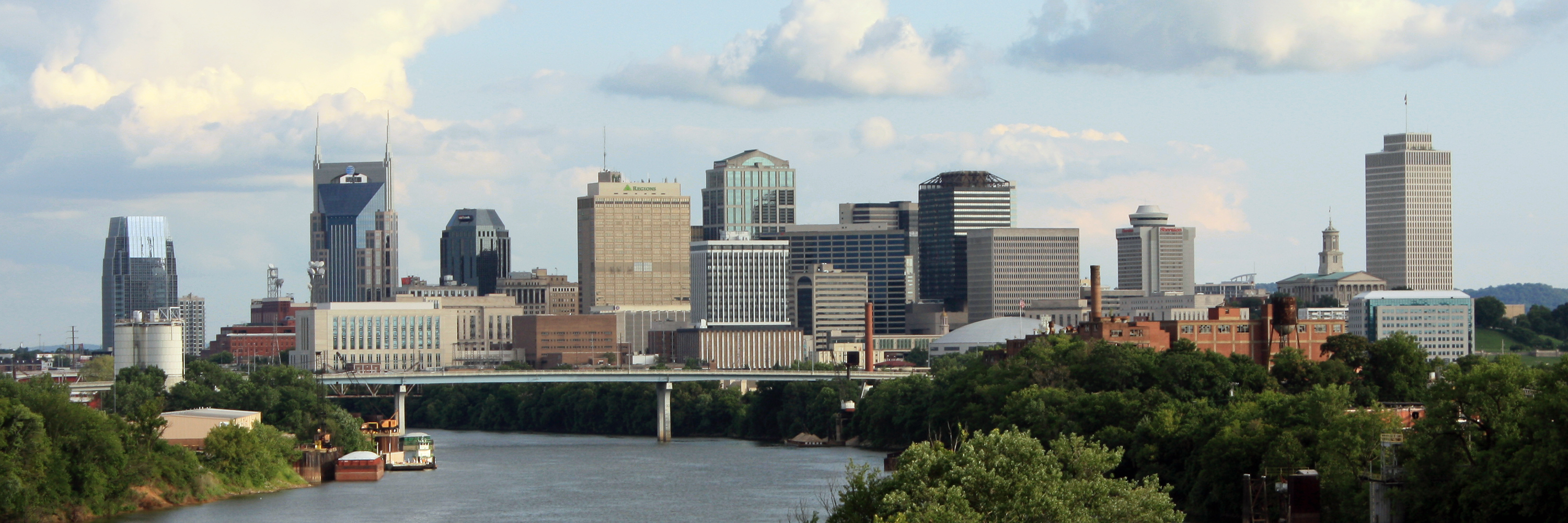
Nashville, Tennessee, nicknamed Music City USA, has big plans to be the greenest city – at least the “greenest city in the Southeast” – according to the mayor. Mayor Megan Barry was sworn in September 2015 as the seventh mayor of Metro Nashville and its first woman mayor.
According to the Nashville.gov website, “On April 26, 2016, Mayor Megan Barry convened the Livable Nashville Committee – comprised of leaders from Nashville’s public, private, environmental, academic, and philanthropic sectors– and charged its members with developing a shared vision for protecting and enhancing Nashville’s livability and environmental quality.
“Building off the accomplishments of Mayor Karl Dean’s 2009 Green Ribbon Committee, as well as the formally-adopted sustainability policies from Metro’s countywide General Plan NashvilleNext, their 2017 inaugural report recommends Nashville pursue goals and actions across five focus-areas: Climate and Energy, Green Buildings, Waste Reduction and Recycling, Mobility, and Natural Resources.”
Mayor Barry’s Livable Nashville Committee is working to “develop a shared vision for protecting and enhancing Nashville’s livability and environmental quality.” And the committee recently released their Livable Nashville Draft Recommendations.
The Livable Nashville Vision Statement:
“To make Nashville the greenest city in the Southeast, together we will work to conserve resources; increase equity of access to clean air, water, nature and the amenities of a livable community; and preserve and enhance the dynamic and authentic Nashville we love.”
Some of the proposed recommendations
- Increase residential recycling rates. The target is to increase the city’s landfill-diversion rate to 35 percent by 2020, 50 percent by 2030 and obtain zero waste by 2050.
- Launch a “Round It Up” program to fund low-income energy-efficiency projects.
- Plant 500,000 trees in the city.
- Work with local charities to the local philanthropic sector to foster strategic, environmentally-focused giving.
- Convert street and traffic lights to LED.
- Increase the biking and walking share to 7 percent by 2020, 12 percent by 2030 and 30 percent by 2050. One way the committee proposed to accomplish this is to encourage residents to get around by bicycle by building a “protected bikeway in the urban core.”
- Increase frequency and hours for buses routes which would require 50 new buses.
- Encourage current and future mayoral administrations to make sure they have staff that is dedicated to sustainability.
- Enhance the resource-efficiency of new and existing buildings in order to improve occupant health and productivity.
- Reduce food waste by 10 percent by 2020 and 50 percent by 2030. To help accomplish this, the mayor has challenged area restaurants to measure their food waste, set a target to reduce food waste and work to reduce their food waste over a three-month time frame.
(Source: Livable Nashville Draft Recommendations)
Beautiful Music City should be proud of the direction Mayor Barry is taking them. Both the mayor and the people of Nashville are looking forward to a finalized Livable Nashville Committee 2017 report by Earth Day 2017.
For more information, visit https://www.nashville.gov/.